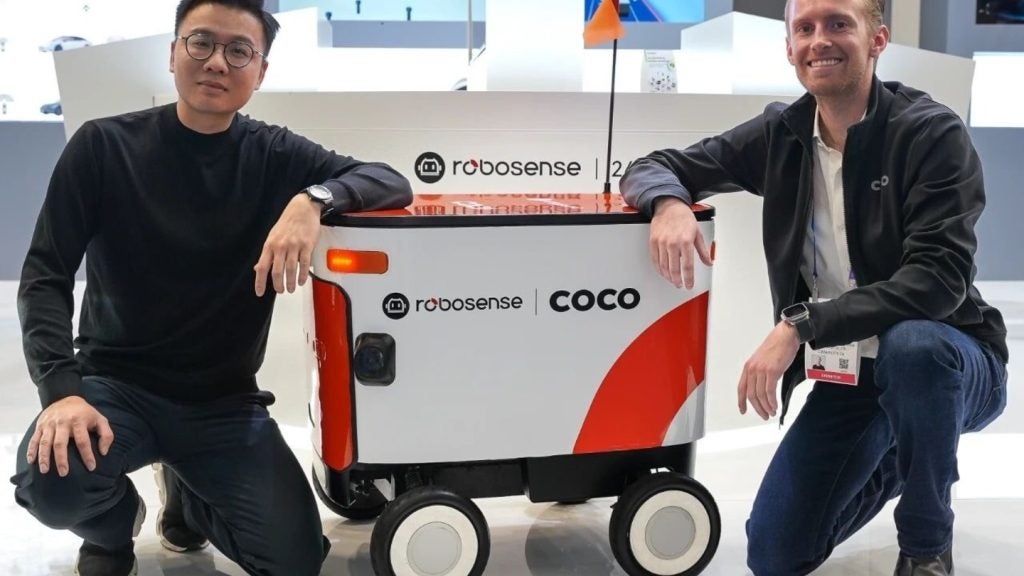GlobalData’s recent Artificial Intelligence in Consumer report explores how artificial intelligence (AI) can help tackle environmental, social, and governance (ESG) concerns in the consumer goods sector.
Consumer goods companies are under pressure from governments and consumers, to reduce their environmental and social impact and ethically govern their operations and employees.
AI applications
Innovation: AI can be used in product development to create more sustainable ethically sourced products. In 2021, Unilever-beauty brand Hourglass relaunched its Red 0 lipstick. Previously, the lipstick had been formulated with carmine, a pigment that requires over 1,000 crushed beetles per product. Using AI, the brand could analyse colour combinations to formulate a cruelty-free identically coloured alternative.
Reduce waste: AI can help reduce waste, a prominent issue across the consumer goods industry. AB InBev has used its AI-powered Smart Barley platform for a decade. The platform helps farmers improve their yields and reduce water and fertilizer use. Meanwhile, in the foodservice industry, Winnow develops AI-enabled tools that take photos and weigh discarded food, helping commercial kitchens measure, monitor, and reduce food waste.
Reducing energy consumption: AI-powered predictive maintenance can help reduce energy consumption in manufacturing and distribution centers. Predictive maintenance uses sensors to continuously monitor the condition of machines and other equipment in factory lines and predict when maintenance is required. This approach can reduce energy consumption and the costs of maintenance. For example, Colgate-Palmolive uses Augury’s AI sensors to monitor water cooling systems in its factories. In one instance, it saved 192 hours of machine downtime after preventing a failure from overheating.
Recycling: AI-powered robotic systems can automate the recycling process. Companies such as AMP Robotics and EverestLabs use computer vision to recognize patterns in recyclable materials, such as size and colour. The AI algorithm then communicates with robotic arms that sort material based on those characteristics. The adoption of these technologies will make recycling more affordable and less time-consuming.
How well do you really know your competitors?
Access the most comprehensive Company Profiles on the market, powered by GlobalData. Save hours of research. Gain competitive edge.

Thank you!
Your download email will arrive shortly
Not ready to buy yet? Download a free sample
We are confident about the unique quality of our Company Profiles. However, we want you to make the most beneficial decision for your business, so we offer a free sample that you can download by submitting the below form
By GlobalDataAutonomous vehicles (AVs): Heavy goods transportation is responsible for 9% of global emissions. AVs will revolutionize the distribution of consumer goods, making transportation more efficient and eliminating worker restrictions such as driver rests and night shifts. Taking the driver out of the equation will also reduce costs associated with human error and maintenance.
Why should companies care?
In 2023, consumers are focusing more on immediate concerns of inflation and the energy crisis, resulting in ESG potentially being overshadowed. That said, ethical consumerism is still a powerful driver for consumer choice. GlobalData’s Q1 2023 global consumer survey found that, for 29% of consumers, whether products are sustainable or environmentally friendly is essential when deciding on a new purchase.
Yet, consumer companies continue to face claims of greenwashing. The UK’s Advertising Standards Authority (ASA) has accused Coca-Cola, Oatly, and Tesco of misleading environmental and social responsibility claims. Social media has made it easier for pressure groups to highlight global corporations’ impact on the environment, social equality, and regulatory compliance. Any associated scandal can cause severe reputational damage.
To succeed in the long term, companies must acknowledge all three ESG pillars and adapt their behaviour accordingly. This includes curbing energy and water use, responsibly sourcing materials and ingredients, minimising food and packaging waste, increasing recycling efforts, introducing clean labelling, ensuring adequate labour standards, and implementing health and safety protocols.









Related Company Profiles
Tesco Plc
Colgate-Palmolive Co